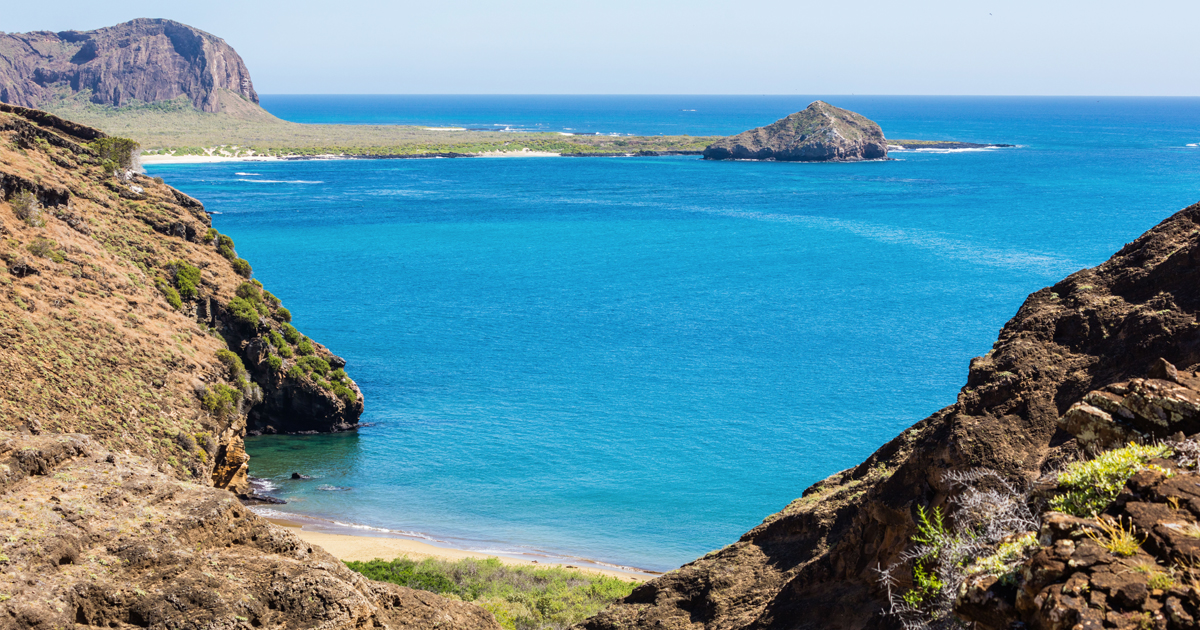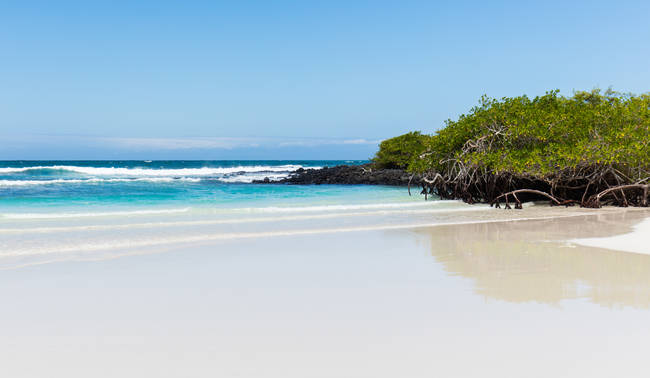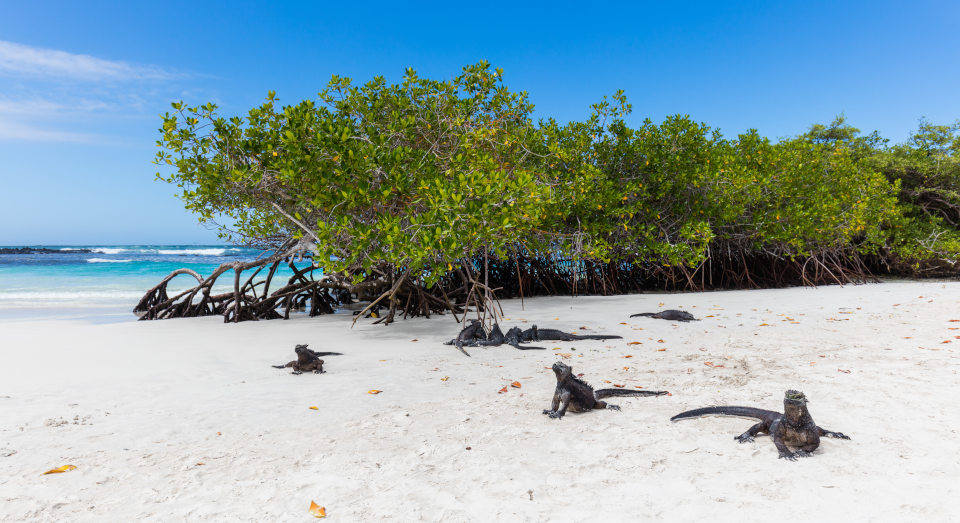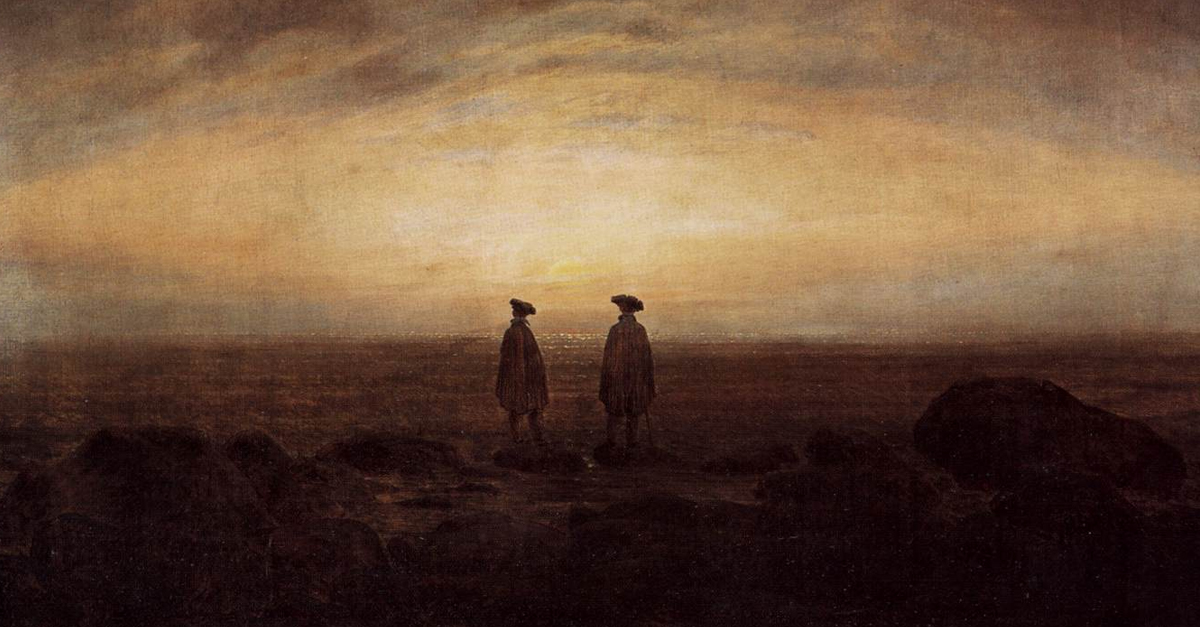The Galapagos Islands are a group of volcanic islands that are tucked away in the Pacific Ocean, some 620 miles off the coast of Ecuador. Scientists, naturalists, and thrill-seekers have all been captivated by these islands. Known for their distinct biodiversity and pristine environments, the Galapagos islands have earned the nickname "Nature's Time Machine" because they can take tourists "back in time" to when evolution proceeded completely uninterrupted.
Islands of pure wonder
Eighteen major islands make up the archipelago, and each has distinct wildlife and features of its own. Because of their influence on Charles Darwin's theory of evolution, the Galapagos islands are genuinely unique.
While traveling on the HMS Beagle in the 1830s, Darwin noted the unique differences between species on various islands as well as the diversity of the flora and fauna found there. The groundwork for his seminal work, "The Origin of Species," was established by these extraordinary encounters.
What makes the islands unique?
Being isolated and giving species a haven to evolve on their own is one of the most amazing features of the Galapagos Islands. A variety of distinct and frequently endemic species that are unique to the islands have developed as a result of their segregation and varied environmental conditions.
The vast biodiversity that exists in this remote environment is exemplified by creatures like blue-footed boobies, marine iguanas, and giant tortoises.
Why conservation efforts are important
The Galapagos Islands' designation as a protected marine reserve and UNESCO World Heritage Site highlights how crucial it is to protect it from human intervention. To ensure that the islands continue to be a symbol of natural selection, strict laws and conservation initiatives are designed to produce human impact.
To reduce disturbances to fragile ecosystems, visitors must abide by stringent rules, such as staying on designated trails and keeping a respectful distance from wildlife. The fragile and resilient ecosystems of our planet are brought home by the Galapagos Islands, especially in light of climate change and environmental issues.
Not only do we respect Charles Darwin's legacy by maintaining this "living laboratory," but we also further our understanding of evolution and the delicate balance that supports life on Earth. We have a unique chance to explore the wonder of an ancient world and understand the significance of preserving nature for future generations thanks to the Galapagos Islands.










